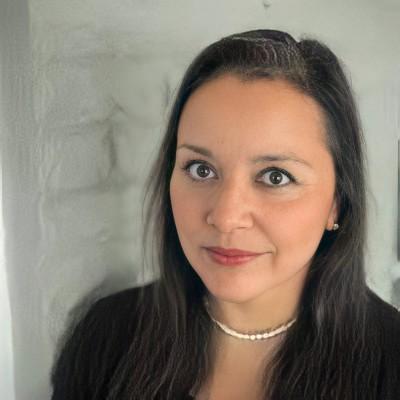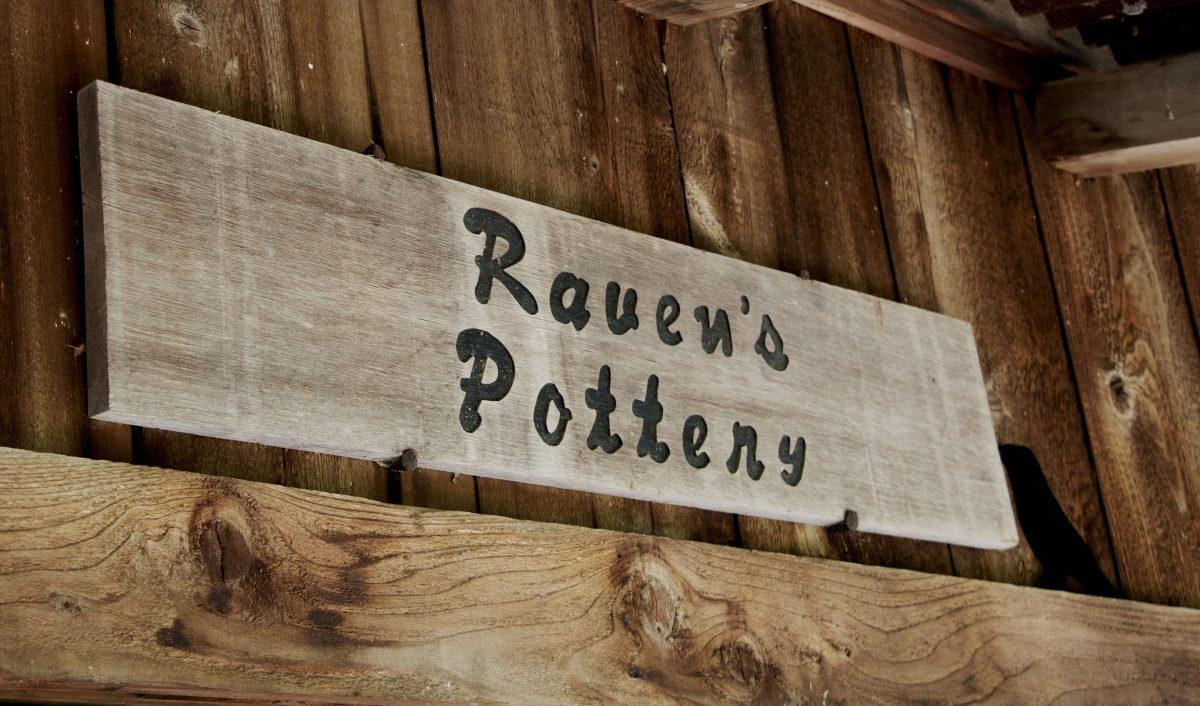
Sandra Horne serves as the Associate General Counsel for the Texas State University System on the SHSU campus. She is an alumn of Rice University and SHSU’s Dedman School of Law
Question: What does Women’s History Month mean to you?
Answer: “Gratitude. As a nationally, federally recognized acknowledgment, Women’s History Month is an affirmation of the daily appreciation I have for women in my life who’ve encouraged, inspired, and taken the time to teach me.”
Q: What does it mean to be a woman in a leadership role?
A: “Mentorship and example. Women leaders have the opportunity to demonstrate for others how to ignore bias and follow professional passions. The great leaders I’ve witnessed regularly sought to train their replacements. That took such humility, as opposed to living and working as if their absence from the entity – whether it was a workplace, church, or other non-profit organization – would cause a shut down. These people were leaders because they had great talent, and in sharing their wisdom and methods, their giftedness flowed naturally to others, including me. I appreciate that kind of personal and professional generosity. They didn’t pile on the unsolicited advice, which can be wearisome; they led by example and teaching. The women leaders who’ve modeled this to me have been open to questions whenever I sought their guidance and advice.”
Q: In addition to leadership recognition, inspirational women are often the main topic of Women’s History month. What women inspire you and why?
A: “My maternal grandmother and my mom. My grandmother’s first language was Spanish, and she only had a 6th grade education. Despite not having the same opportunities as me, she and my grandfather – who was illiterate – built a loving family, home, and faith legacy. I dealt with a pretty serious health condition in my 30s and remember fondly discussions with my grandmother during that time. She gave me the same advice as a surgeon who was chief of staff at a leading hospital in Houston. Likewise, with my church pastor. My grandmother gave me some of the same great counsel as those two gentlemen, who were far more formally educated and professionally successful. She sought knowledge and discernment the best way she could. And she loved her family well.
My mom is a rock in rose clothing and has carried on my grandmother’s legacy in much the same way. Neither had as many opportunities as I’ve had, they dealt with much more discrimination as women and as Hispanic Americans, yet they were both committed to building families of faith, and honorable careers.
I’m also inspired by a third woman in my family who is a recovering alcoholic. I won’t give more details than that out of respect for her choice to go public. Coming to terms with addiction and doing the hard work spiritually, emotionally, mentally, and physically takes a lot of courage. She’s very brave and I’m proud of her.”
Q: What qualities make a great leader?
A: “Compassion, empathy, self-discipline, and a servant mindset. To do all of that, a leader should be a good listener and willing to hear other people’s voices way more than her own. So often, we can avoid conflict by hearing and understanding what the other person at the table needs to say. Also, the mentoring I talked about above.”
Q: What is your favorite thing about being a woman?
A: “The things I get to do as a nurturer. My husband and I have fostered children, and that’s been one of the greatest experiences for us: helping children from difficult places.”
Q: Are there any assumptions about women that you would like to change and why?
A: “I wish that we more naturally associated femininity and being a woman with strength in our vernacular, rather than using “like a girl” and “ladies”, for example, as derogatory phrases. That’s changing, but I would like for us to be there already. I’m an empathetic crier and tear up easily. My hope is that we become more comfortable with going through pain together, rather than doing everything we can to deny it. Hard things happen in life, even when we’ve done our best, and sometimes the fastest way to the other side of that pain is to go straight through, rather than numbing or avoiding. When my brother passed away ten years ago, the most healing moments afterward were when friends sat with me in my pain, rather than trying to coax me out of it.”
Q: What do you believe will be the biggest challenge for the generation of women behind you?
A: “The entitlement mindset. I hope that the generation behind me understands the difference between wants and needs and makes wise decisions accordingly. This past year provided ample opportunities to do a gratitude inventory. Answer the question “What five basic needs do you expect to have met today, with reasonable certainty?” Today, in all likelihood, I will have love, food, clean water, safe shelter, and clothing. That’s humbling and frees me up to look around to see if anyone around me lacks in those areas”.
Q: If you could send out a message to women nationally what would you say?
A: “Know who you are and be ready to work smart and hard. Sober acknowledgment of our individual gifts and aptitudes is an aspect of humility, not arrogance. If you know how talented you are at something, then you know how you’re wired to bless the world. Don’t deny the world the gift of your true beauty.”












